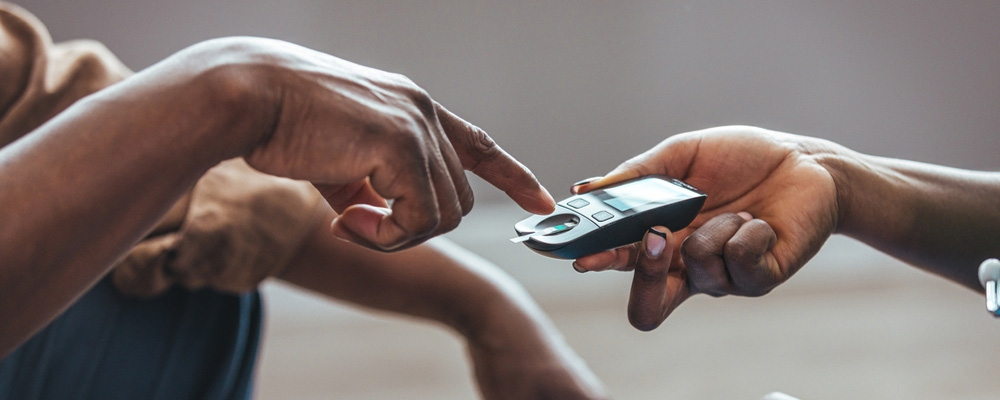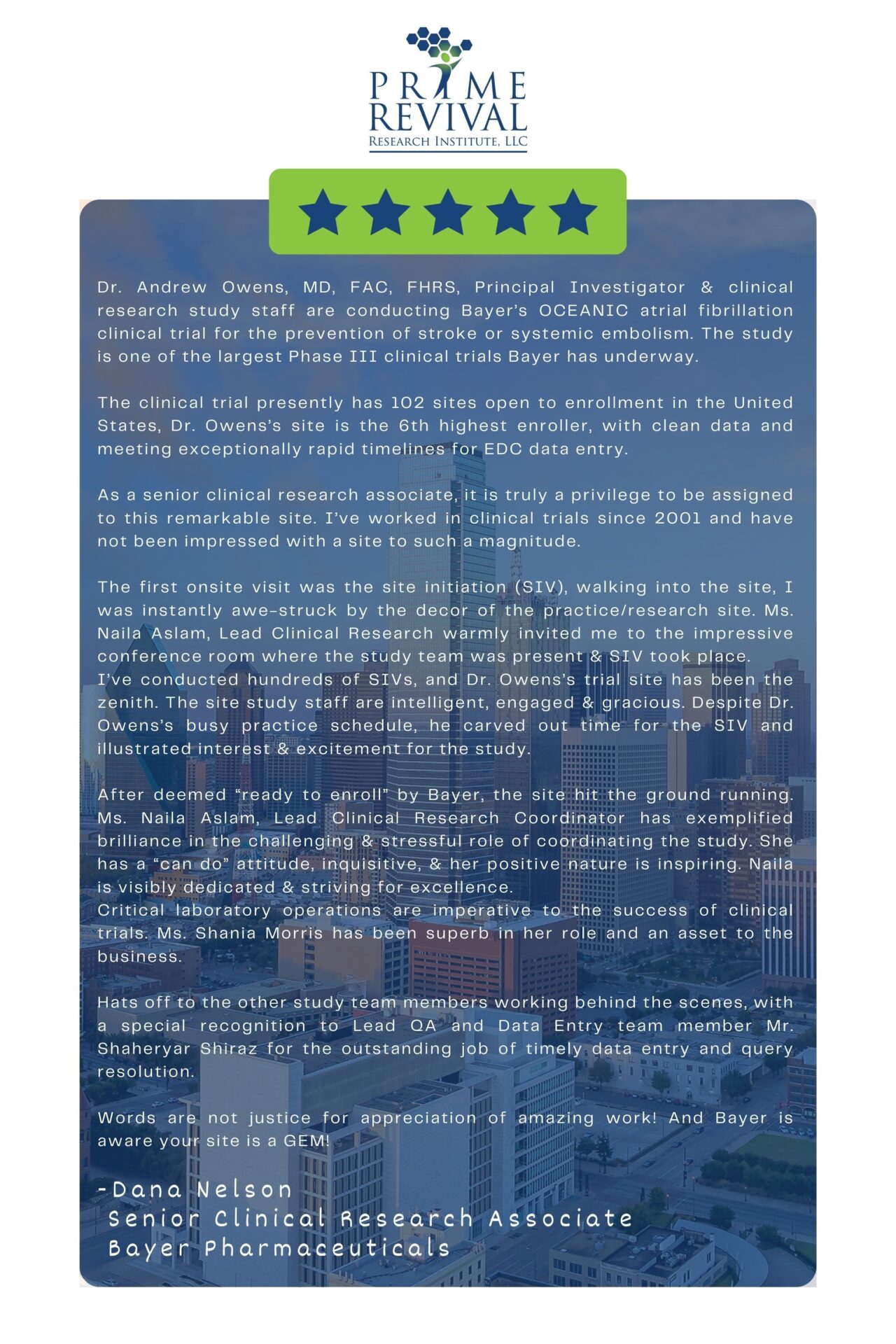Last Updated on September 9, 2022
Introduction
Just like everyone else, diabetics can also get sick. Despite the extra precautions, sicknesses are unavoidable. Being prepared and equipped with some of these Diabetes Sick Day Rules could help you if you get sick. There are several things you can do to prepare yourself. Talk to your doctor about the best way to take care of yourself in the chance that you ever do get sick.
In this blog, we’ll be talking about diabetes, how to manage it and what you can do when your body is facing illnesses or stress.
About Diabetes
Insulin is a hormone produced by the pancreas to help our body break down sugar. For people with diabetes, blood glucose (BG) levels are high either because of the absence of insulin production (Type 1 diabetes) or deficiency of insulin plus insulin resistance as is the case in Type 2 diabetics. Type 2 diabetes is managed by dietary changes, an increase in activity level, and medications. Illnesses and stress are known to increase blood glucose levels, especially in diabetics. When you have diabetes, it is especially important to know how to manage your blood glucose levels and keep them as close as possible to the target. Following simple Diabetes Sick Day Rules and staying prepared can do wonders.
Managing Diabetes
Many patients with type 2 diabetes have to take a combination of medications, including insulin injections in some cases. These medications work through different mechanisms. The ones which target insulin deficiency work by stimulating insulin release from the pancreas (e.g. Glyburide, glipizide, glimepiride, repaglinide, etc.). Just like insulin therapy itself, these medications can sometimes cause low blood glucose readings or hypoglycemia (BG <70 mg/dL).
What Happens When Your Body Is Under Stress?
As a diabetic, when you are sick or under stress, your blood sugar level usually increases. This increase occurs because your body, under the circumstances. Produces “stress hormones” (e.g. adrenaline, cortisol), which allows you to deal with the illness. However, the stress hormones make your body less responsive to insulin, thus leading to potentially high blood glucose levels.
At the same time, when you are ill, you may not have much of an appetite or you may suffer from nausea and vomiting. The resulting decrease in oral intake and loss of fluids from the body may put you at risk of hypoglycemia.
Because of the potential opposing effect of stress on blood glucose levels, it is a good idea to discuss a specific plan of action regarding diabetes sick day rules and medications with your physician, before you do get sick. Such planning is particularly important in elderly, frail individuals, patients with underlying chronic kidney or liver disease & cardiac issues.
 General Guidelines – Diabetes Sick Day Rules
General Guidelines – Diabetes Sick Day Rules
Your physician and diabetes educator are in the best position to guide you about your specific situation. But there are some general guidelines for Diabetes Sick Day Rules to follow:
- If you are taking Metformin or an SGLT-2 inhibitor (Invokana®, Farxiga®, Steglatro®, Jardiance®), and you are vomiting or have diarrhea, you should stop these medications temporarily until you get better.
- You may continue to take other medications such as pioglitazone, Januvia®, or Tradjenta®, even if you are not eating much.
- If you are on one of the medications that stimulate insulin release from the pancreas (e.g. glyburide, glipizide, glimepiride, repaglinide, or nateglinide), the decision to continue these medications depends on how you feel and what your doctor recommends.
- In some cases, when the intake of food is very low for longer periods, there is a risk of hypoglycemia if you continue with these medications. In most cases, because of the effect of stress hormones, the blood glucose levels are actually high, even when the patient has a reduced appetite.
- If you are on a GLP-1 agent (Victoza®, Trulicity®, Ozempic®, or Rybelsus®) and you feel nauseous, you should skip the dose (after consulting your doctor). Because these agents can cause nausea themselves. If you are having severe upper abdominal pain and you are taking either of these medicines as part of the diabetes sick day rules, talk to your physician as this may be an indication of a rare but serious side effect called acute pancreatitis.
- If you are on an SGLT-2 inhibitor (Invokana®, Farxiga®, Steglatro®, Jardiance®), you need to be extra careful when you are not feeling well. In rare cases, if you continue these medications and are dealing with an acute illness, along with reduced oral intake, you may develop a serious condition called diabetic ketoacidosis (DKA).
- In this condition, the body starts breaking down fat for energy and as a result generates the byproduct called ketones. Ketones can make your blood acidic, which can be life-threatening. The symptoms may include vomiting, trouble breathing, feeling very weak and drowsy, dehydration, extreme thirst, etc. DKA may require insulin therapy and intravenous hydration.
Diabetes Sick Day Rules — What Can I Do If I Don’t Feel Better?

- If you are taking insulin, generally you should continue the dose and expect increased use of it during illness. In some cases, if you are only taking a dose of long-acting insulin when you are healthy, you may require up to 3 additional doses of short-acting insulin when you are sick.
- Some diabetics who aren’t on insulin may end up requiring insulin therapy during a sickness due to stress-induced increases in blood glucose levels. It is important to remember that if your blood glucose levels are consistently over 180 mg/dL. Your immune system may not be able to fight infections and diseases well.
- Contact your physician or a diabetes specialist to establish Diabetes Sick Day Rules for yourself if:
- Your blood glucose levels are consistently above 250 mg/dL (generally for more than 1-2 days).
- Your symptoms are getting worse. These may include persistent nausea, vomiting, or dehydration.
- You are experiencing acute abdominal pain, fevers, shortness of breath, and severe weakness.
- You are experiencing an increase in urine output along with increased thirst.
- You are starting to get dizzy, lightheaded, confused, or disoriented.
- Your blood glucose level remains at <70 mg/dL and is not increasing.
- You are on SGLT-2 inhibitors & think you may have DKA.
- You are pregnant and have diabetes.
The Takeaway
As long as you are able to monitor blood glucose levels as regularly as possible when sick and they are normal in the circumstances, your physician will probably advise you to continue these medications. It is crucial to check your blood glucose levels regularly especially if you are sick or feel stressed. If your blood glucose levels start to drop to 70-80 mg/dL and if you are not eating much. You might have to hold off on consuming certain medications. Following some of these diabetes sick day rules could help you prepare for when you do get sick.


 General Guidelines – Diabetes Sick Day Rules
General Guidelines – Diabetes Sick Day Rules